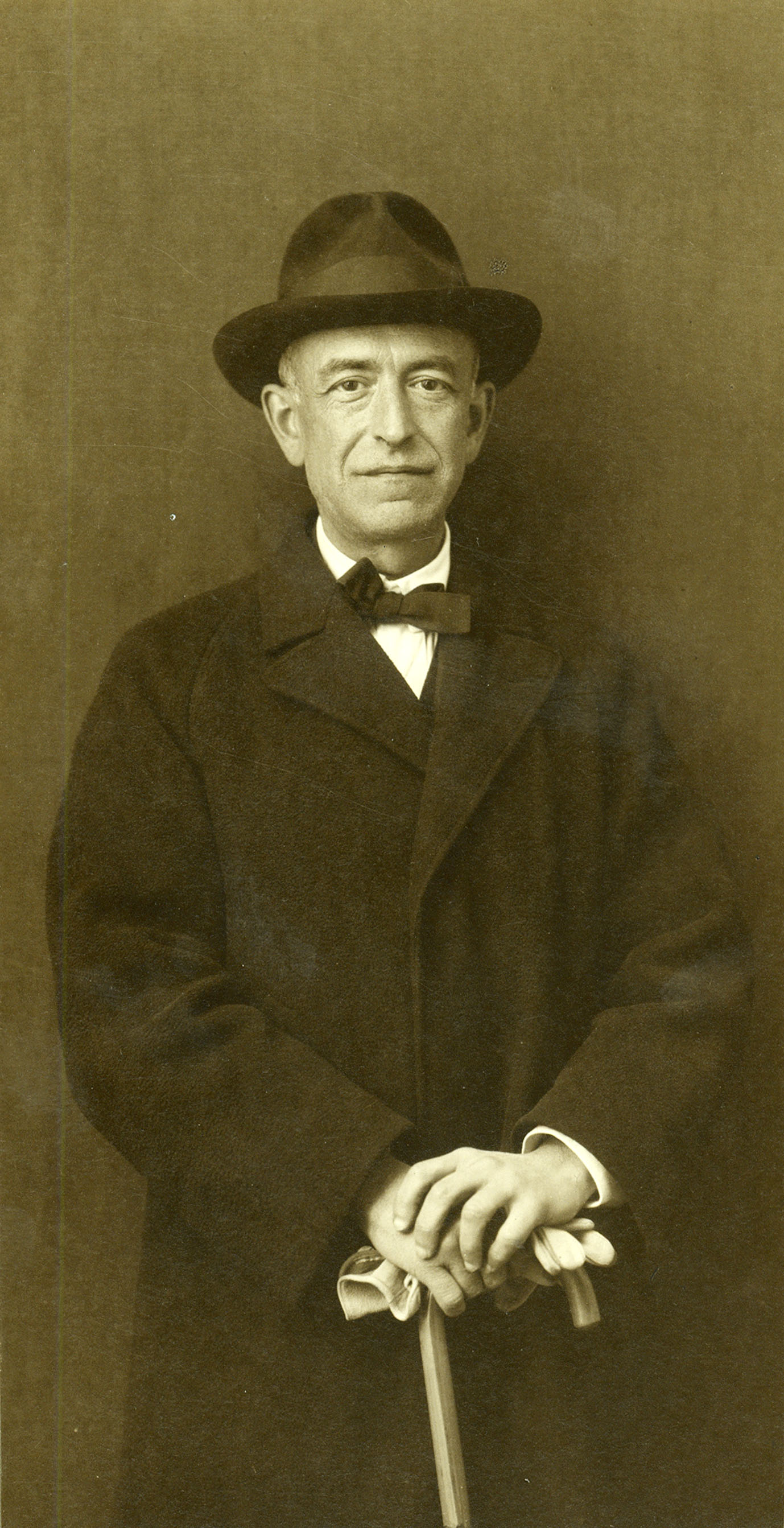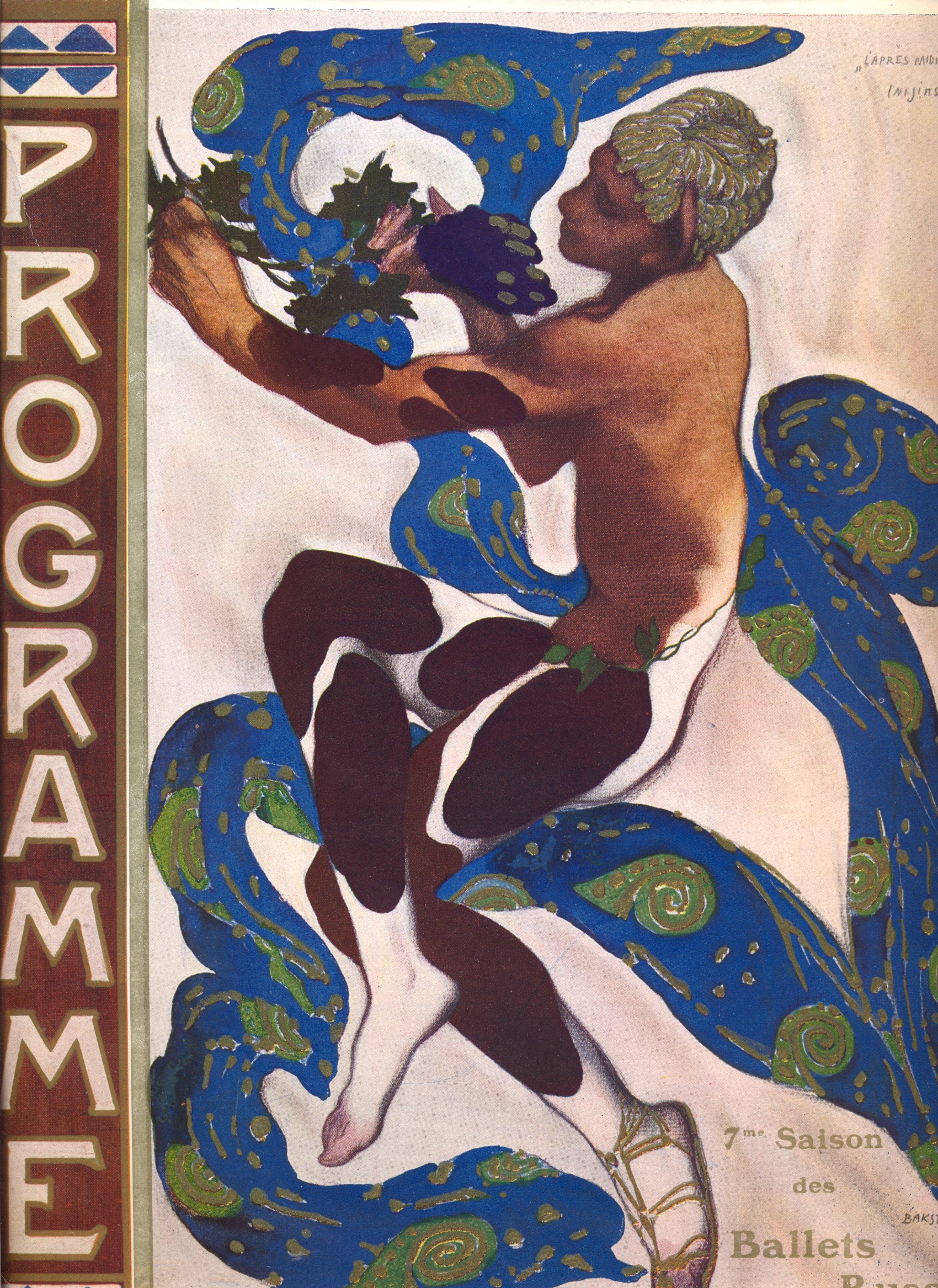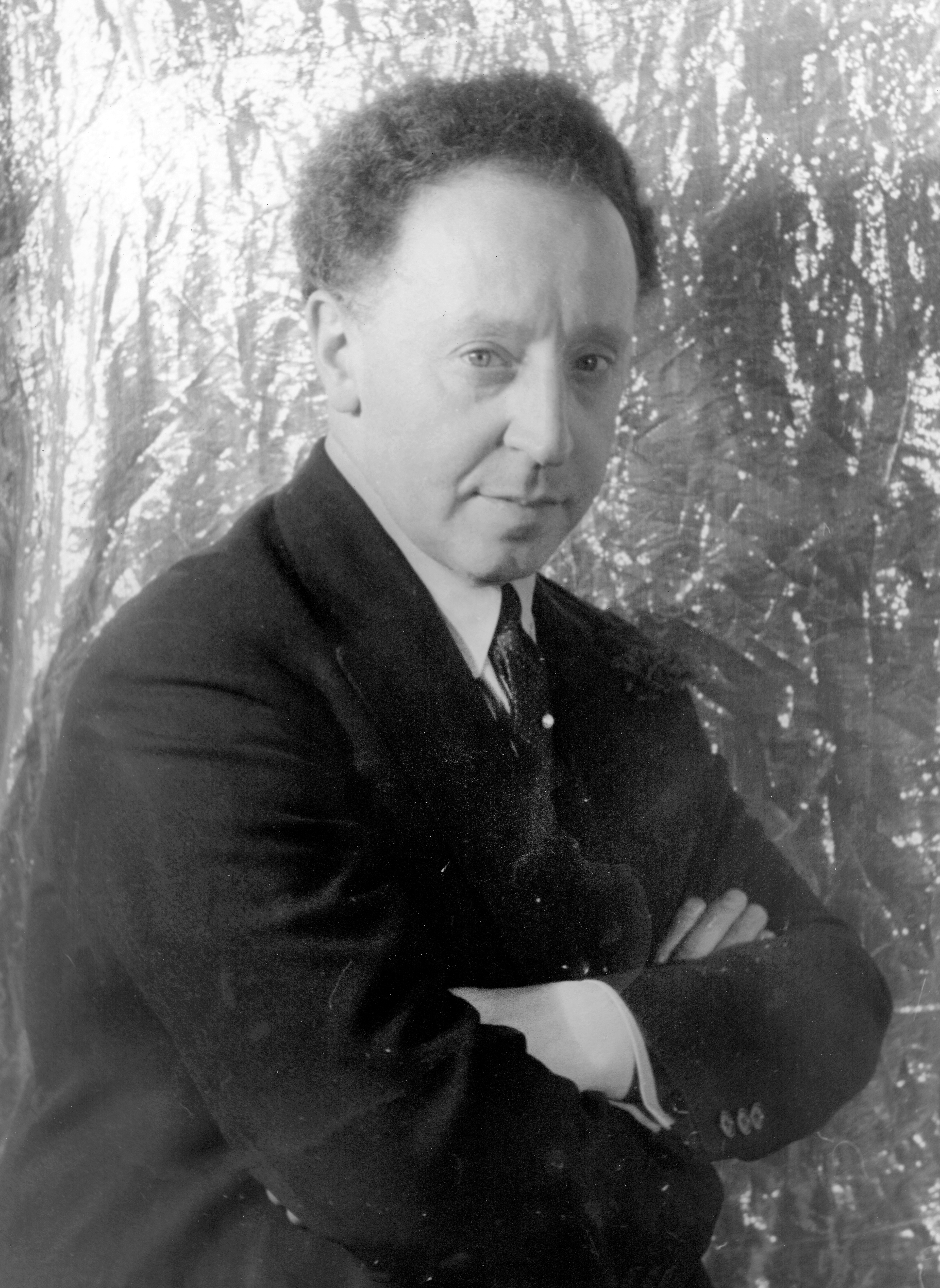|
List Of Compositions By Manuel De Falla
This is a list of the works of the Spain, Spanish composer Manuel de Falla (1876–1946). Stage works *''See List of works for the stage by Manuel de Falla Orchestral works * ''Nights in the Gardens of Spain, Noches en los jardines de España'' ("Nights in the Gardens of Spain") – piano and orchestra (c. 1909–1916) * ''Homenajes'' ("Homages") – orchestra (1938–1939) *: Sections: I. "Fanfare sobre el nombre de E. F. Arbós" – II. "À Claude Debussy (Elegía de la guitarra)" – Rappel de la Fanfare – III. "À Paul Dukas (Spes Vitae)" – IV. "Pedrelliana" Choral works * ''Balada de Mallorca'' ("Ballad of Majorca") – for choir (1933) Works for chamber ensembles and solo instruments * ''Melodía para violonchelo y piano'' – for piano and cello (1897) * ''Pieza en Do mayor'' and ''Romanza'' – for cello and piano (1898) * ''Fanfare pour une fête'' ("Fanfare for a feast") – for two trumpets, timpani and side-drum (1921) * Harpsichord Concerto (De Falla), Conc ... [...More Info...] [...Related Items...] OR: [Wikipedia] [Google] [Baidu] |
Manuel De Falla Con Bastón , a common nickname for those named Manuel
{{disambiguation ...
Manuel may refer to: People * Manuel (name) * Manuel (Fawlty Towers), a fictional character from the sitcom ''Fawlty Towers'' * Charlie Manuel, manager of the Philadelphia Phillies * Manuel I Komnenos, emperor of the Byzantine Empire * Manuel I of Portugal, king of Portugal Places *Manuel, Valencia, a municipality in the province of Valencia, Spain *Manuel Junction, railway station near Falkirk, Scotland Other * Manuel (American horse), a thoroughbred racehorse * Manuel (Australian horse), a thoroughbred racehorse *Manuel and The Music of The Mountains, a musical ensemble * ''Manuel'' (album), music album by Dalida, 1974 See also *Manny Manny is a common nickname for people with the given name Manuel, Emanuele, Immanuel, Emmanuel, Herman, or Manfred. People * Manny Acosta (born 1981), Panamanian pitcher in the Mexican Baseball League * Manny Acta (born 1969), Dominican Maj ... [...More Info...] [...Related Items...] OR: [Wikipedia] [Google] [Baidu] |
Isaac Albéniz
Isaac Manuel Francisco Albéniz y Pascual (; 29 May 1860 – 18 May 1909) was a Spanish virtuoso pianist, composer, and conductor. He is one of the foremost composers of the Post-Romantic era who also had a significant influence on his contemporaries and younger composers. He is best known for his piano works based on Spanish folk music idioms. Isaac Albéniz was close to the Generation of '98. Transcriptions of many of his pieces, such as ''Asturias (Leyenda)'', ''Granada'', ''Sevilla'', '' Cadiz'', '' Córdoba'', '' Cataluña'', ''Mallorca'', and Tango in D, are important pieces for classical guitar, though he never composed for the guitar. The personal papers of Albéniz are preserved in, among other institutions, the Library of Catalonia. Life Born in Camprodon, province of Girona, to Ángel Albéniz (a customs official) and his wife, Maria de los Dolores Pascual, Albéniz was a child prodigy who first performed at the age of four. At age seven, after apparently tak ... [...More Info...] [...Related Items...] OR: [Wikipedia] [Google] [Baidu] |
New Grove Dictionary Of Opera
''The New Grove Dictionary of Opera'' is an encyclopedia of opera, considered to be one of the best general reference sources on the subject. It is the largest work on opera in English, and in its printed form, amounts to 5,448 pages in four volumes. First published in 1992 by Macmillan Reference, London, it was edited by Stanley Sadie with contributions from over 1,300 scholars. There are 11,000 articles in total, covering over 2,900 composers and 1800 operas. Appendices including an index of role names and an index of incipits of arias, ensembles, and opera pieces. The dictionary is available online, together with ''The New Grove Dictionary of Music and Musicians''. References *William Salaman, "Review: The New Grove Dictionary of Opera", ''British Journal of Music Education'' (1999), 16: 97-110 Cambridge University Pres*John Simon, "Review: The New Grove Dictionary of Opera, 4 vols.", ''National Review'', April 26, 199* * *Charles Rosen, "Review: The New Grove Dictionary of O ... [...More Info...] [...Related Items...] OR: [Wikipedia] [Google] [Baidu] |
The Barber Of Seville
''The Barber of Seville, or The Useless Precaution'' ( it, Il barbiere di Siviglia, ossia L'inutile precauzione ) is an ''opera buffa'' in two acts composed by Gioachino Rossini with an Italian libretto by Cesare Sterbini. The libretto was based on Pierre Beaumarchais's French comedy ''The Barber of Seville'' (1775). The première of Rossini's opera (under the title ''Almaviva, o sia L'inutile precauzione'') took place on 20 February 1816 at the Teatro Argentina, Rome, with designs by Angelo Toselli. Rossini's ''Barber of Seville'' has proven to be one of the greatest masterpieces of comedy within music, and has been described as the opera buffa of all "opere buffe". After two hundred years, it remains a popular work. Composition history Rossini's opera recounts the events of the first of the three plays by French playwright Pierre Beaumarchais that revolve around the clever and enterprising character named Figaro, the barber of the title. Mozart's opera ''The Marriage of Fi ... [...More Info...] [...Related Items...] OR: [Wikipedia] [Google] [Baidu] |
Gioachino Rossini
Gioachino Antonio Rossini (29 February 1792 – 13 November 1868) was an Italian composer who gained fame for his 39 operas, although he also wrote many songs, some chamber music and piano pieces, and some sacred music. He set new standards for both comic and serious opera before retiring from large-scale composition while still in his thirties, at the height of his popularity. Born in Pesaro to parents who were both musicians (his father a trumpeter, his mother a singer), Rossini began to compose by the age of 12 and was educated at music school in Bologna. His first opera was performed in Venice in 1810 when he was 18 years old. In 1815 he was engaged to write operas and manage theatres in Naples. In the period 1810–1823 he wrote 34 operas for the Italian stage that were performed in Venice, Milan, Ferrara, Naples and elsewhere; this productivity necessitated an almost formulaic approach for some components (such as overtures) and a certain amount of self-borrowing. During ... [...More Info...] [...Related Items...] OR: [Wikipedia] [Google] [Baidu] |
Prélude à L'après-midi D'un Faune
''Prélude à l'après-midi d'un faune'' ( L. 86), known in English as ''Prelude to the Afternoon of a Faun'', is a symphonic poem for orchestra by Claude Debussy, approximately 10 minutes in duration. It was composed in 1894 and first performed in Paris on 22 December 1894, conducted by Gustave Doret. The flute solo was played by Georges Barrère. The composition was inspired by the poem '' L'après-midi d'un faune'' by Stéphane Mallarmé. It is one of Debussy's most famous works and is considered a turning point in the history of Western art music, as well as a masterpiece of Impressionist composition. Pierre Boulez considered the score to be the beginning of modern music, observing that "the flute of the faun brought new breath to the art of music." Debussy's work later provided the basis for the ballet '' Afternoon of a Faun'' choreographed by Vaslav Nijinsky and a later version by Jerome Robbins. Background About his composition Debussy wrote:The music of this prelude ... [...More Info...] [...Related Items...] OR: [Wikipedia] [Google] [Baidu] |
Claude Debussy
(Achille) Claude Debussy (; 22 August 1862 – 25 March 1918) was a French composer. He is sometimes seen as the first Impressionist composer, although he vigorously rejected the term. He was among the most influential composers of the late 19th and early 20th centuries. Born to a family of modest means and little cultural involvement, Debussy showed enough musical talent to be admitted at the age of ten to France's leading music college, the Conservatoire de Paris. He originally studied the piano, but found his vocation in innovative composition, despite the disapproval of the Conservatoire's conservative professors. He took many years to develop his mature style, and was nearly 40 when he achieved international fame in 1902 with the only opera he completed, '' Pelléas et Mélisande''. Debussy's orchestral works include ''Prélude à l'après-midi d'un faune'' (1894), ''Nocturnes'' (1897–1899) and ''Images'' (1905–1912). His music was to a considerable extent a r ... [...More Info...] [...Related Items...] OR: [Wikipedia] [Google] [Baidu] |
Arthur Rubinstein
Arthur Rubinstein ( pl, Artur Rubinstein; 28 January 188720 December 1982) was a Polish Americans, Polish-American pianist."Artur Rubinstein" ''Encyclopædia Britannica'' He is widely regarded as one of the greatest pianists of all time. He received international acclaim for his performances of the music written by a variety of composers and many regard him as one of the greatest Frédéric Chopin, Chopin interpreters of his time. He played in public for eight decades. Early life [...More Info...] [...Related Items...] OR: [Wikipedia] [Google] [Baidu] |
Fantasía Bética
Fantasia International Film Festival (also known as Fantasia-fest, FanTasia, and Fant-Asia) is a film festival that has been based mainly in Montreal since its founding in 1996. Regularly held in July of each year, it is valued by both hardcore genre film fans, and distributors, who take advantage of the eclectic line up to select domestic and international films for release across North America. By virtue of the reputation developed over the last 15 years, this festival has been described as perhaps the "most outstanding and largest genre film festival in North America". Overview The history of the Fantasia Festival has roots in the Asian Film scene in Montreal. Beginning in 1996 where it screened Asian films from Hong Kong and Anime from Japan, the festival later expanded its international repertoire and screened genre films from all across the world. Since this time many world and international premieres have featured at Fantasia fest, including ''Shaun of the Dead'', ''Perfec ... [...More Info...] [...Related Items...] OR: [Wikipedia] [Google] [Baidu] |
Luis De Góngora
Luis de Góngora y Argote (born Luis de Argote y Góngora; ; 11 July 1561 – 24 May 1627) was a Spanish Baroque lyric poet and a Catholic priest. Góngora and his lifelong rival, Francisco de Quevedo, are widely considered the most prominent Spanish poets of all time. His style is characterized by what was called ''culteranismo'', also known as ''Gongorismo''. This style existed in stark contrast to Quevedo's ''conceptismo''. Biography Góngora was born to a noble family in Córdoba, where his father, Francisco de Argote, was ''corregidor,'' or judge. In a Spanish era when purity of Christian lineage (limpieza de sangre) was needed to gain access to education or official appointments, he adopted the surname of his mother, Leonor de Góngora.Asociación Cultural ... [...More Info...] [...Related Items...] OR: [Wikipedia] [Google] [Baidu] |
Spain
, image_flag = Bandera de España.svg , image_coat = Escudo de España (mazonado).svg , national_motto = ''Plus ultra'' (Latin)(English: "Further Beyond") , national_anthem = (English: "Royal March") , image_map = , map_caption = , image_map2 = , capital = Madrid , coordinates = , largest_city = Madrid , languages_type = Official language , languages = Spanish language, Spanish , ethnic_groups = , ethnic_groups_year = , ethnic_groups_ref = , religion = , religion_ref = , religion_year = 2020 , demonym = , government_type = Unitary state, Unitary Parliamentary system, parliamentary constitutional monarchy , leader_title1 = Monarchy of Spain, Monarch , leader_name1 = Felipe VI , leader_title2 = Prime Minister of Spain ... [...More Info...] [...Related Items...] OR: [Wikipedia] [Google] [Baidu] |
Siete Canciones Populares Españolas
''Siete canciones populares españolas'' ("Seven Spanish Folksongs") is a 1914 set of traditional Spanish songs arranged for soprano and piano by the composer Manuel de Falla. Besides being Falla's most-arranged composition and one of his most popular, it is one of the most frequently performed sets of Spanish-language art songs. The set was dedicated to Madame Ida Godebska. The styles and provenance of the songs are strikingly diverse. They are from different parts of Spain: an ''asturiana'' is from Asturias, in the north; the ''seguidilla'', a type of flamenco, from Murcia, in the southeast, "Jota" is from Aragón in the northeast. "Nana" is a lullaby, and "Polo" a wild desire for revenge on an unfaithful lover. All the texts deal with love and the courting process, whether playfully, seriously, or tragically. The first song, for example, clearly alludes to the importance of virginity to a girl's value on the marriage market. The lullaby deals with love's outcome. Song list *1. ... [...More Info...] [...Related Items...] OR: [Wikipedia] [Google] [Baidu] |






